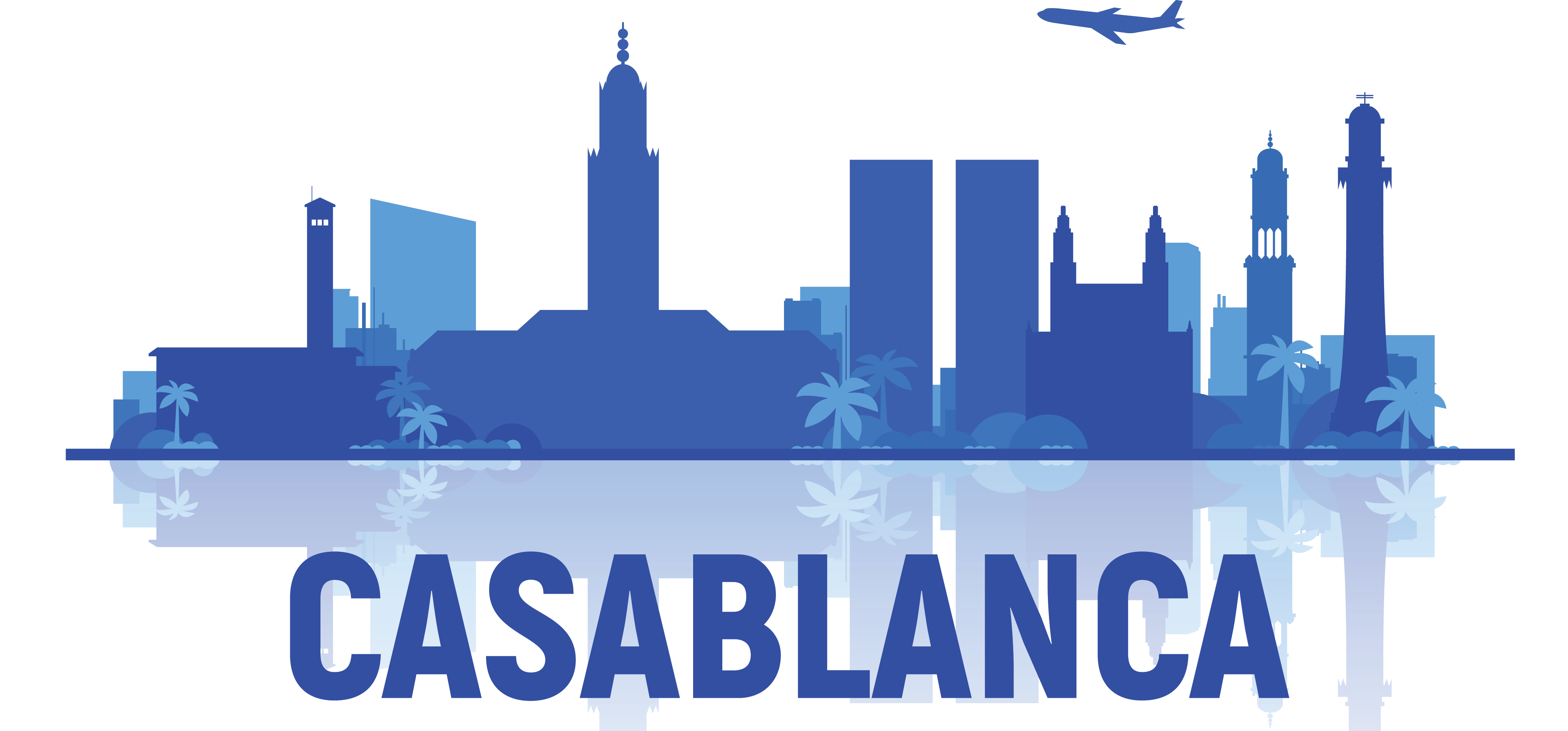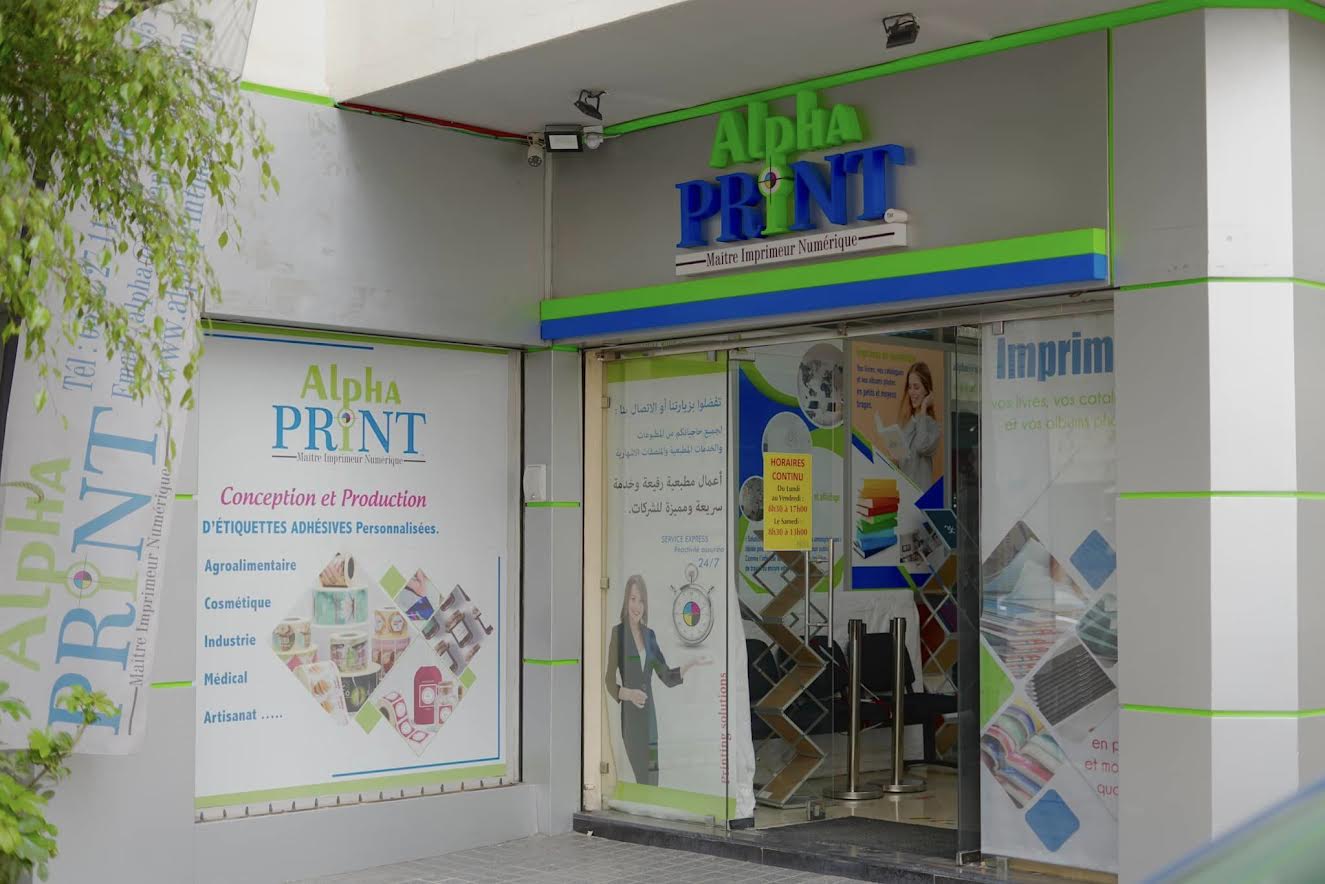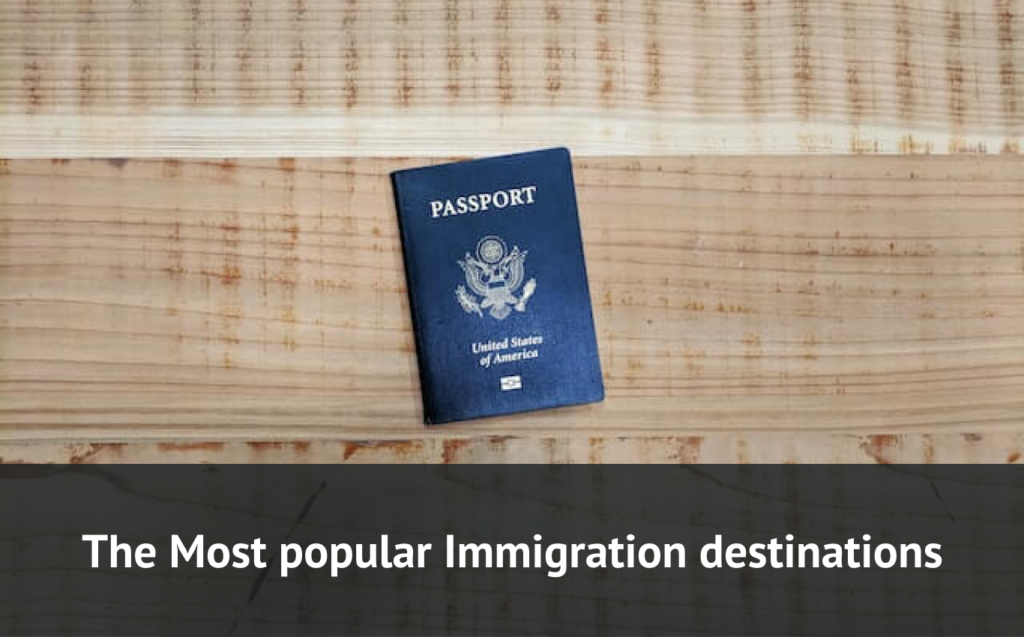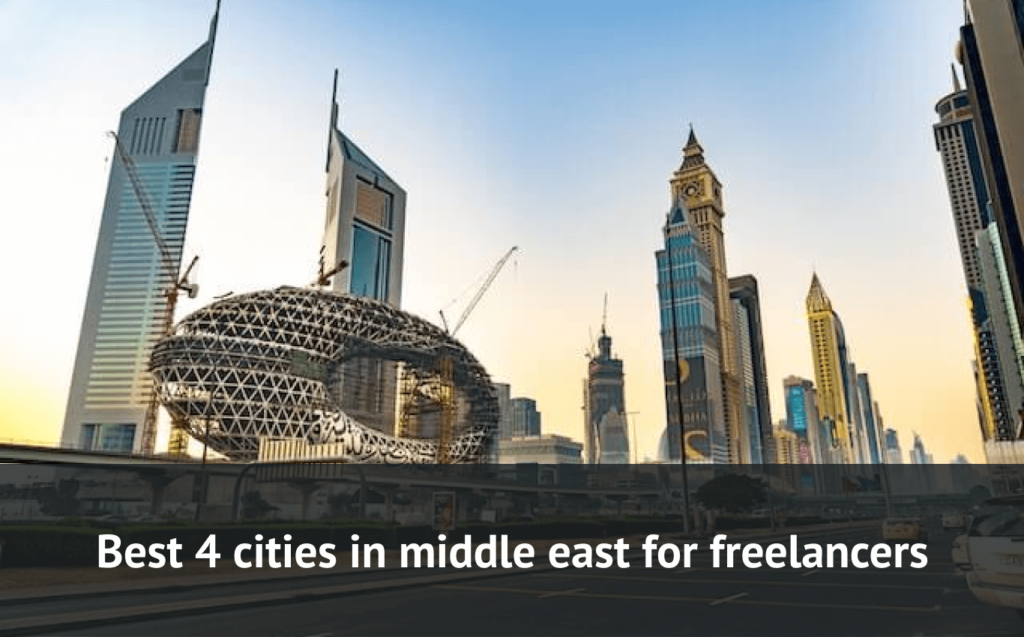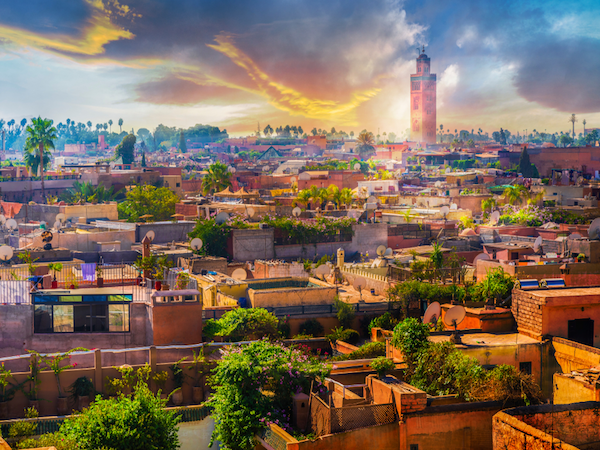 POSTES INTERNATIONALES DU MAROC
POSTES INTERNATIONALES DU MAROC
Chasing Music in Morocco
By Heiko Eser,
I have been repeatedly told by different Moroccans in different situations, that music is of minor importance and that Moroccans neither know, nor care about music. I was always startled by this statement and the more time I spend in Morocco, the more I have to disagree.
To me, Morocco is a musical country. I hear music everywhere, every day and at every occasion.
As a musician, I am particularly interested in the use of music in daily life and its function, apart from the overwhelming commercialization imposed on us.
My first encounter with a situation where music was not recognized as such happened shortly after I had arrived in Marrakech. I sat in a taxi and suddenly, the most solemn, sad, peaceful and life affirming voice came from the radio. A sensual man’s voice, seemingly floating in midair, created a space in the taxi where tranquil life was suddenly possible and spiritual order seemed restored. I didn’t understand the words as they were in Arabic, but I felt instantly touched by the purity of the delivery and the serious intention of the song. I asked the taxi driver if he could please turn it up. As I speak neither Darija, French nor Amazigh, I motioned with my hands and repeated the words “beautiful music”. To my horror and surprise, the taxi driver started to change the channel and the more horrified I looked, the quicker he jumped to another one, trying to please me. It finished by him ending his search on some terrible pop song with a cheap plastic beat. And there it stayed until the end of the journey. Days later, I chanced upon what seemed a different version of this song and asked a Moroccan friend who was with me what kind of music we were listening to and he said ‘Music? That’s not music at all. It is the recitation of the Quran.’
Shortly after, every night I heard drumming and singing from the roof terrace of the place I was staying at. It seemed to be coming from a building close to us. After a few nights I couldn’t stand it any longer. I had to go there and see for myself. I asked somebody about the nature of the music and he said ‘Music? No. That’s a place for weddings. Just go there and tell them that you are a musician and they will let you in.’
I thought this to be a highly unusual approach and so I went and did exactly that. I arrived at around four in the morning and the party was in full swing. I just walked right in and talked to the first person and lo and behold he got the brother of the groom and he seemed absolutely delighted to meet me. What was even more surprising was that he introduced me to the musicians and got me a chair to sit next to them and a cup of coffee. I in turn was now delighted with myself and sat and watched the delightful mayhem unfold in front of my eyes. The drummers drumming and the women, men and children, who must have escaped their bedtime, shaking what they had. But that’s not how it worked there, apparently. After a while he came back to me and asked me if I dance at all. Sometimes, I said. Good, he replied and pulled me onto my feet and onto the dance floor. Everybody just totally enjoyed themselves. Entirely unselfconscious. Pure fun. So I joined in and let the old limbs fly in all kinds of directions. All the while older folks clapping on the off beat, while the musicians gave all they had, slowing down, building up and the women chanting and yelling the typical high pitched scream. What an amazing musical experience, I thought. But of course. That wasn’t music. That was just a wedding.
When I was in Casablanca I chanced upon Sidi Abderrahman, the burial site of a Muslim saint. It is a small Island located at the beach. I went there with a female acquaintance from Casablanca. We arrived just before sundown. I was intrigued. I had to practically pull her onto the island. Although she said she did not believe in any of the religious mumbo jumbo as she called it anymore, she seemed mortified. The experience was nothing short of otherworldly. It wasn’t just the slightly unnerving fact of nobody facing us or acknowledging our presence directly, but people either seemed to lurk in the shadows of open doorways or stood erect and still, their faces turned away from us, giving me the feeling that we were being watched. Black cocks and black goats roaming the island and the smell of incense heavy in the air. The intensity of some indefinable and hidden activity seemed tangible and downright spooky. I was in my element. The unknown. My acquaintance panicked and pulled me off the Island, unto the bridge that connected the island to the mainland. And just when we reached the bridge, a drum beat started. Mesmerized I turned and with a strange sense of bewilderment and awe saw two people sitting down at the edge of the island to drum and then suddenly three more coming out of the shadows and moving to the sound in strange animalistic movements. As if they had been turned into animals, caught in human bodies. The shapes they drew seemed alien and the movements imposed on them by the sound of the drums. Now my acquaintance became hysterical and pulled me over the bridge back onto the safety of the mainland from where I looked back at the island to see that it still lay there in total darkness. “What an amazing musical experience” I said to my acquaintance. “Music??” she nearly screamed. “That wasn’t music. That was black magic.”
On another occasion I sat in a Café in Chaouen with a Moroccan teacher\painter friend of mine when I suddenly heard chanting that seemed to become louder and louder. I got up to see a group of people walking together, chanting in low and solemn voices. The whole air seemed to vibrate with dark and serious intent. Grave expressions on the faces of the people passing. Like a slow and sad river moving dignified through the busy city streets. “What incredible music is this?” I asked. To which the by now well-known phrase was given “Music? That’s not music at all. That’s a funeral march.”
Then during Ramadan there was the drum in a seven four rhythm waking up the sleepers to have their last meal at night before the fast that I was told wasn’t music. The reed pipe played from the tower of the mosque that changed its sound by the player walking the rounds. The trumpet that marked time wasn’t music either and then of course the call for prayer.
I would like to close this little exploration of non-music in Morocco with an experience I had when I went out into the night to buy some cigarettes. On our way to the shop I suddenly heard drumming and singing. I pricked up my ears and started to follow the music to where I thought it came from. My companion hardly being able to keep up with me. After some time I came to a villa and an open gate. I saw a group of singers and a drummer dressed in traditional garb on my left and a group of people at a table on my right. The musicians got my full attention and intensified their performance, to which I responded by clapping on the offbeat. That put a smile on their singing faces and encouraged me to clap away for dear life. Suddenly a man came and put his arm around me and said “Sit down with us please. Sit down.” I sat at the table to the right and started a conversation with a young man in English. He told me that his uncle had just come back from Mecca, so they were celebrating it with some Sufi music and food and were delighted to have me share some food with them. I delightfully accepted and shortly after was asked by the musicians to sit with them. I wanted to ask them a million questions. What music, what lyrics and so on but instead of an answer was told to come to a place of a Sufi saint to experience a Sufi celebration. I accepted thankfully and a few days later was instructed not to talk to anybody in the place, because I shouldn’t really be there, as I am not a Muslim. I took it as an honour and said I wouldn’t utter a syllable. We sat down together in a medium sized room and the fun began. It could maybe be compared to a Jazz improvisation. Drawing from a pool of musical and lyrical themes, the singers improvised and created a musical landscape that was at once free and clearly defined. Each singer seemingly putting their five cents in when the spirit moved them. When it was finished everybody somehow wanted to talk to me and seeing that I was encouraged by the person that before told me not to utter a word I asked a singer a question. “So what kind of celebration is this exactly?” To which he answered “celebration? No. This is Moroccan music.” “At last” I thought. “I have found some in the end.”
